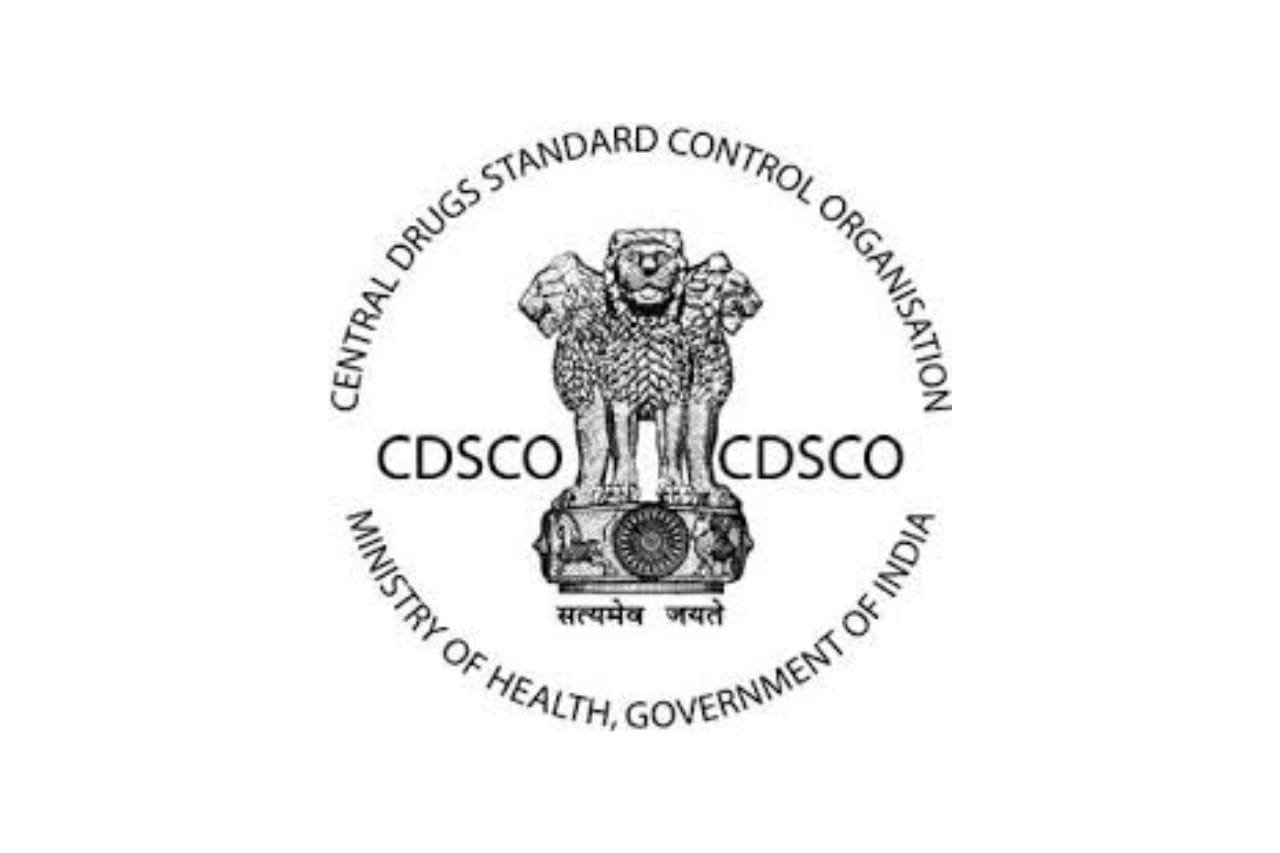
From the examination of raw materials through the release of the finished packaged product, Quality Control Authorities like Central Drugs Standard Control Organisation in India established under the Drugs & Cosmetics Act, 1940. Central Drugs Standard Control Organisation (earlier known as Drugs Controller General of India) are essential to the pharmaceutical production process. They play a crucial role in assuring the efficacy and safety of products given to patients.
The CDSCO headquarters conduct regulatory supervision over drug importation, approval of new pharmaceuticals and clinical trials, meetings of the Drugs Consultative Committee (DCC) and Drugs Technical Advisory Board (DTAB), and approval of some licences as the Central Licence Approving Authority.
Laboratory Information Management Systems (LIMS), tailored to the needs of pharmaceutical manufacturing and quality assurance/quality control (QA/QC) laboratories, are proving to be a powerful force in enabling the industry to meet these challenges. Capable of integrating multiple functions and processes, these systems reduce reliance on off-line methods and manual transcription for managing, tracking and applying the large volume of data generated as part of manufacturing processes. As a result, laboratories can more easily identify cost reduction strategies, while meeting regulatory standards and ensuring the security of their data.
Central Drugs Standard Control Organisation (QCA) provides one of the most crucial roles in pharmaceutical manufacture and supervision, according to the FDA. The quality control Authority and product testing are covered in great detail by the CGMP requirements. In order to manufacture pharmaceuticals products, the Central Drugs Standard Control Organisation is essential. The tests it does verify the quality of the products, and the reports it produces serve as the written proof.
Tests conducted at different phases like Phase I, Phase II and Phase III of the production process create enormous volumes of data, which should show if quality has been maintained. Since any inaccuracies might lead to the production of goods that might be ineffective or endanger human safety, it is understandable that regulatory oversight of QC Authority data is rigorous. A company’s systems transparency may also be shown by such data.




